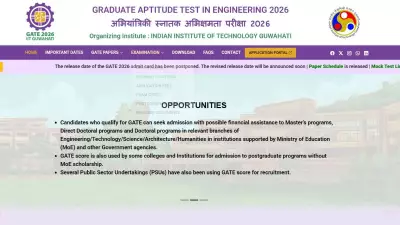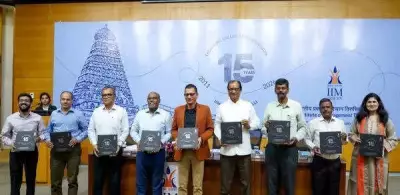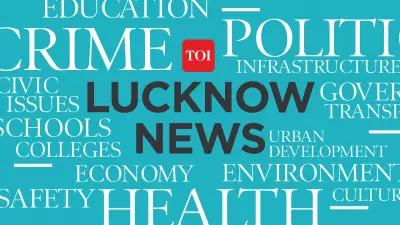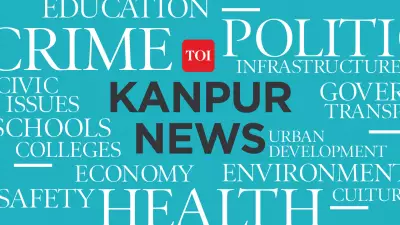
In a significant ruling that reinforces the sanctity of medical admissions, the Supreme Court of India has refused a medical aspirant's plea to change their allocated MBBS seat. The decision, delivered on November 21, 2025, underscores the judiciary's commitment to maintaining the integrity of the admission process across medical colleges.
Court's Firm Stance on Admission Integrity
The apex court emphasized the critical importance of preserving the structured nature of medical seat allocations. The bench strongly advocated for protecting the admission process from mid-cycle alterations that could potentially disrupt the entire system. This ruling comes as a landmark decision that will likely set precedent for future similar cases.
Judges highlighted that valuable medical seats should not remain vacant due to last-minute changes or individual preferences. The court's position clearly prioritizes systemic stability over individual convenience, recognizing that medical education requires rigorous discipline and adherence to established procedures from the very beginning of a student's career.
Broader Implications for Medical Education
This decision carries significant implications for the medical education landscape in India. By refusing the seat change request, the Supreme Court has sent a clear message about the importance of commitment in medical professions. The ruling reinforces that the admission process, once completed, must be respected by all stakeholders.
The court's reasoning focused on the larger picture of medical education management. Allowing mid-cycle changes could create a domino effect, potentially leaving seats vacant and depriving other qualified candidates of opportunities. This approach ensures that the limited number of precious MBBS seats are utilized optimally for the nation's healthcare needs.
Protecting the Future of Medical Admissions
Legal experts suggest this judgment will serve as a crucial reference point for medical admission committees nationwide. The November 21, 2025 verdict establishes that the admission process integrity cannot be compromised for individual cases, no matter how compelling the circumstances might appear.
The Supreme Court's decision ultimately balances individual aspirations with systemic requirements. While acknowledging the aspirations of medical students, the court has firmly placed the stability of medical education infrastructure above individual preferences, ensuring that the admission framework remains robust and predictable for years to come.





